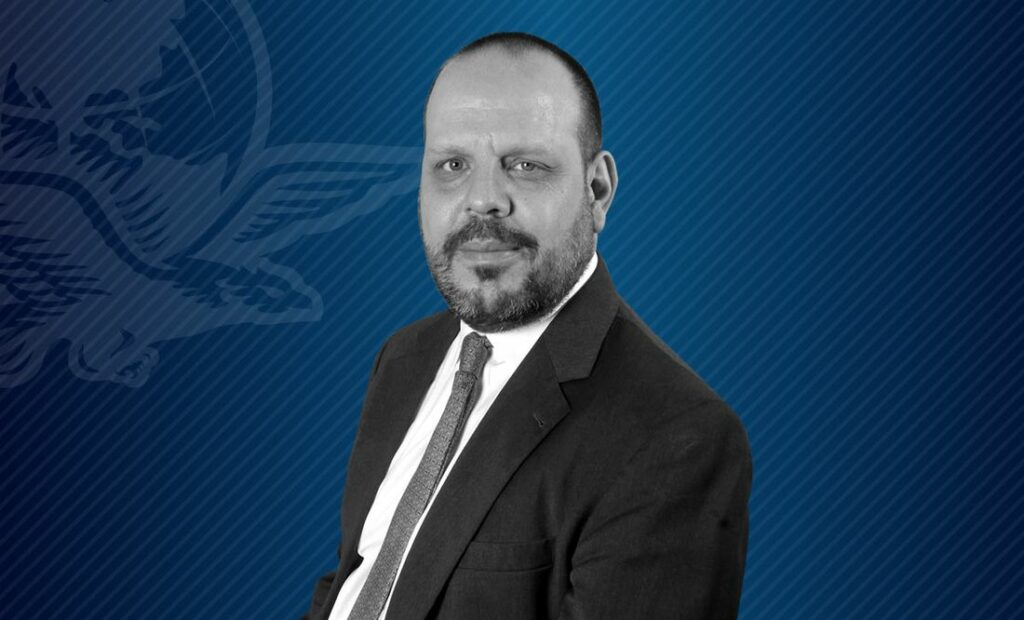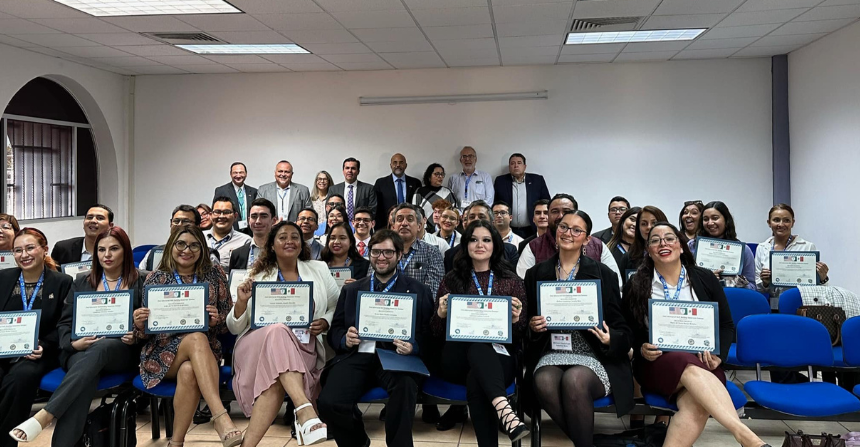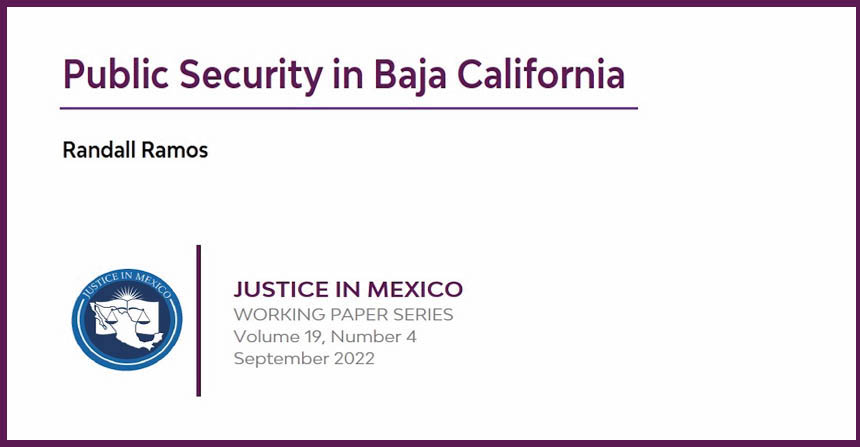
09/10/10 — In the effort to build training capacity for the operation of Mexico’s new judicial system, a group of 30 Mexican lawyers and law professors from Baja California participated in a new, bi-national training program initiated by the Universidad Autónoma de Baja California (UABC) and the University of San Diego (USD).
In 2008, the Mexican Congress introduced a package of constitutional and legislative reforms to Mexico’s judicial system, including the introduction of new oral, adversarial trial procedures, new regulations for police and criminal investigations, and tougher measures for organized crime. These changes will transform Mexico’s semi-inquisitorial system of criminal justice to a more rights-based accusatorial system, similar to that developed in the United States and other common law countries.
All of Mexico’s 31 states and the Federal District are required to implement these reforms by 2016, but several states have already begun to do so. The northern border state of Baja California, adjacent to the U.S. state of California, actually passed similar reforms in October 2007, and the new system became active for criminal cases on August 11, 2010 in the judicial district of Mexicali. The reforms are scheduled to become active in the judicial district of Ensenada later this year, and in the states other three judicial districts (Rosarito, Tecate, and Tijuana) in 2011.
The UABC-USD training program seeks to provide training to help practitioners, law professors, and law students prepare to operate this new system, and promote cross-border legal exchanges in the San Diego-Baja California region. The two-day seminar initiated on Friday is the first series of trainings specifically directed to law professors and lawyers who will serve as trainers in law classrooms and in future trainings.

The program is coordinated by UABC Law Professor Daniel Solorio and USD School of Law Professor Allen Snyder on behalf of the Universidad Autónoma de Baja California Law School, the University of San Diego School of Law, and the Trans-Border Institute. This program one of five such initiatives presently supported by the U.S. Agency for International Development (USAID) and Higher Education for Development (HED), including other partnerships between: Southwestern Law School and the Tecnológico de Monterrey (ITESM); Universidad de Nuevo León and Universidad Nacional Autónoma de México; Emory University and Universidad Panamericana; and Chicago Kent College Law School at the Illinois Institute of Technology (IIT) and the Tecnológico de Monterrey (ITESM).
For the recent trainings in Mexicali, the UABC-USD exchange program has assembled a team of lawyers (including James Gailey, Lynne Lasry, Daniel Zaibert, and Suska Guise) with substantial international training experience to provide a two day seminar on best practices in promoting oral advocacy skills, as well as an overview U.S. criminal justice approaches.
The bi-national legal education program includes other exchanges and forums, including two student scholarships for UABC students to obtain a masters degree from the USD School of Law, a major international conference, and recent presentations by Mexican Supreme Court Justice José Ramon Cossío, Human Rights Lawyer Miguel Sarre, and Chihuahua Judge Hector Talamantes. Future trainings and exchanges are contemplated through Spring 2012.
Baja California Human Rights Commissioner Heriberto García, who also participated in the training seminar, observed: “As the new oral justice system enters into force in Mexicali, in its early stages in the state of Baja California, this program for teacher training in oral criminal proceedings is relevant and beneficial, since having qualified personnel is critical to the success of this new system.”





While we are taking on the topic of Mexicali Lawyers Begin Oral Advocacy Training Program Justice in Mexico, Although the classifications of natural law and positivism are frequently used, it is important to remember that they cover a very wide range of academic opinion. Even within each camp, there are those veering towards more liberal or more conservative understandings, and there is also naturally a grey area. Having said that, academics and philosophers can be enveloped by one of the categories on the basis of certain fundamental principles within their writings and opinions.